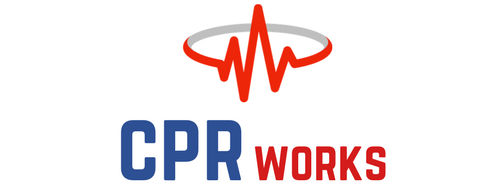Heart Blocks
|
|
| mykentuckyheart.com |
There are 3 types of heart blocks:
First degree block – occurs when the electrical impulse moves through the AV node more slowly than normal. The heart beat usually has a slower rate but may not cause noticeable symptoms such as light headedness and dizziness and may not require specific treatment. Certain drugs can cause first-degree heart block. These drugs include digitalis, beta-blockers, and calcium-channel blockers. Digitalis is one common drug that is used to slow down the heart rate. If it’s taken in large amounts or for a long period of time, digitalis can cause first-degree heart block. Beta-blockers inhibit the part of the nervous system that speeds up the heart. This increases the conduction delay of the heart’s electrical impulse and can cause first-degree heart block.
Second degree block – occurs when some electrical signals from the atria don’t reach the ventricles, resulting in “dropped beats.” Second degree heart block can be classified as Mobitz Type 1 or Mobitz Type 2. Mobitz Type 1 is also commonly referred to as Wenckebach and may not cause noticeable symptoms. Symptoms associated with second degree heart block are chest pain, faintness (syncope), and palpitations, breathing difficulties, such as shortness of breath with exertion, rapid breathing, nausea, and fatigue. Second degree Type I may not require treatment but can be a forerunner for Type 2 and needs to be monitored on a regular basis as well as daily pulse checks by the patient. However, it can be a forerunner for Mobitz Type 2 and needs to be monitored by a physician. In Mobitz Type 2, the heart beat does not beat effectively and impacts the hearts’ ability to pump blood to the rest of the body. Often times having a pacemaker inserted is necessary so the heart will beat effectively.
Third degree block – means that the heart’s electrical impulse does not pass from the heart’s upper to lower chambers at all. When this occurs, the heart does not beat correctly and cannot effectively move blood to the body. Secondary pacemaker cells in the lower chambers will take over, causing the ventricles to contract and pump blood, but at a slower rate than when signals come from the sinoatrial node. Complete heart block in adults is caused by heart conditions or as a side effect of drug toxicity. An injury to the electrical conduction system during heart surgery also may cause heart block. People with third-degree heart block experience irregular and unreliable heart beats, which requires immediate medical attention involving a temporary pacemaker because of the potential for having a cardiac arrest. A permanent pacemaker would be indicated to treat complete heart block.
Sourced From: http://www.heart.org/HEARTORG/Conditions/Arrhythmia/AboutArrhythmia/Conduction-Disorders_UCM_302046_Article.jsp#.VqPFLSorKM8
